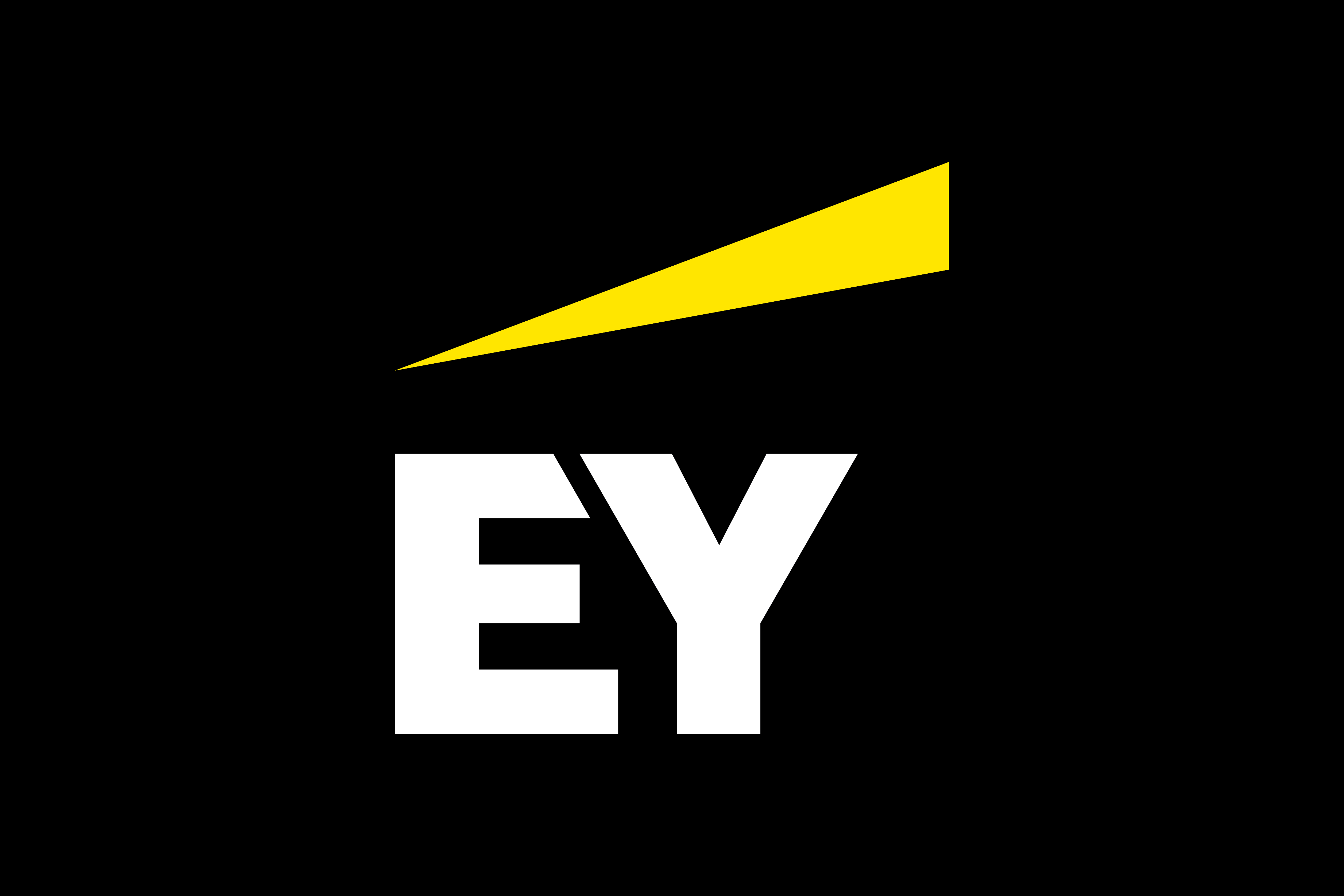EY refers to the global organization, and may refer to one or more, of the member firms of Ernst & Young Global Limited, each of which is a separate legal entity. Ernst & Young Global Limited, a UK company limited by guarantee, does not provide services to clients.

National People’s Well-Being and Economic Recovery Package (PEMULIH)
On 28 June 2021, the Prime Minister unveiled the RM150 billion National People’s Well-Being and Economic Recovery Package (PEMULIH). This follows the announcement of previous COVID-related economic stimulus packages.
The Government’s stimulus packages have benefitted more than 20 million people and 2.4 million businesses. The previous stimulus packages were discussed in our earlier alerts (see Take 5: Economic Stimulus Package 2020; Take 5: COVID-19: Second Economic Stimulus Package 2020; Special Tax Alert No. 6/2020; Take 5: COVID-19: Short-term Economic Recovery Plan; Special Tax Alert No. 1/2021; Special Tax Alert No. 2/2021; and Special Tax Alert No. 4/2021).
PEMULIH aims to provide comprehensive support to the rakyat by continuing to focus on the Prihatin Rakyat agenda, supporting businesses and increasing vaccination rates. The focus of this tax alert is on the measures impacting businesses. Various measures have also been announced to support individuals and households, such as cash handouts to the poor, B40 and M40 groups, subsidies and price controls to maintain the prices of essential goods and a “Place and Train” program to upskill the unemployed and help them secure employment.
The measures announced to support businesses are aimed at reducing costs for employers, encouraging digitalization efforts, providing financial support and providing, reiterating or extending tax incentives, payment facilities and employment incentives. Some of the key allocations by the Government are as follows:
- One-off payment of RM500 in September and November 2021 to micro SMEs under Prihatin Special Grant (GKP 4.0)
- RM300 million for Small Entrepreneur Digital Empowerment Programme (PUPUK)
- RM100 million of financing facilities and support for local creative and arts industries
- RM20 million for Jaringan Inisiatif Umum program (JITU) to provide basic business capital assistance and guidance to the disabled and homeless
- Additional RM2 billion from Bank Negara Malaysia to assist SMEs and micro entrepreneurs
- Additional RM1.1 billion microcredit facility from Agro Bank, Bank Simpanan Nasional and TEKUN
- RM20 million for the Cooperative Economic Recovery Intervention Financing program
Certain tax measures were reiterated in the announcement, such as the deferment of tax instalments for certain companies and extension of tax incentives / exemptions until 31 December 2021 (i.e. the special tax deduction given to property owners who provide rental discounts to tenants and service tax and tourism tax exemption on accommodation premises).
Tax deduction for expenditure incurred in relation to vaccination facilities
The Public-Private Partnership COVID-19 Industry Immunisation Programme (PIKAS) has been launched to complement the National COVID-19 Immunisation Program (PICK). PIKAS is a public-private partnership program that will provide worksites as vaccination centers (PPV). The Ministry of International Trade and Industry (MITI) has been tasked to coordinate with companies to facilitate PIKAS and enhance the Government’s efforts to accelerate vaccinations for the people, achieve herd immunity by increasing the vaccination uptake among the workforce and reduce the number of COVID-19 workplace clusters.
Costs incurred by employers
Under PIKAS, the Government will provide free vaccines and participating companies will be fully responsible for the administration cost of establishing and running on-site PPVs, including the services of medical practitioners, administration staff and security personnel. It has been proposed that tax deductions be given to employers that incur costs on equipment and services for PPV sites.
Contributions
Currently, tax deductions are allowed for contributions to approved COVID-19 related community and charitable projects. The scope of such deductions will be expanded to include contributions to the PPVs.
Wage Subsidy Programme (WSP) 4.0
The Wage Subsidy Programme (WSP) was introduced to help alleviate some of the financial burden of employers who did not retrench or reduce wages of employees earning RM4,000 and below, despite the economic hardship brought on by the COVID-19 pandemic. A summary of the WSPs announced previously is set out below:
|
Type |
Applicable period |
Sector(s) |
Number of eligible employees (maximum per company) |
Subsidy period |
|---|---|---|---|---|
|
WSP 1.0 |
1 April 2020 to 30 September 2020 |
All sectors |
200 |
6 months |
|
WSP 2.0 |
1 October 2020 to 31 December 2020 |
All sectors |
200 |
|
|
WSP 3.0 (Budget 2021) |
1 January 2021 to 30 June 2021 |
Tourism and retail sectors only |
500 |
|
|
WSP 3.0 (PERMAI Assistance Package) |
19 January 2021 to 30 June 2021 |
All sectors operating in MCO states |
500 |
|
|
WSP 3.0 (PEMERKASA) |
1 April 2021 to 30 June 2021 |
Tourism, retail sectors and other businesses (e.g. gymnasiums and spas) which were unable to operate during MCO 2.0 |
500 |
|
|
WSP 3.0 (PEMERKASA PLUS) |
1 June 2021 to 31 July 2021 |
All sectors |
500 |
|
In PEMULIH, it has been proposed that under WSP 4.0, eligible employers will receive a wage subsidy of RM600 per employee, subject to a maximum of 500 employees per employer. This is applicable to all employees, including employees earning more than RM4,000. WSP 4.0 will apply for a duration of up to four months, as follows:
- Two months for all sectors in the second phase of the National Recovery Plan (NRP); and
- An additional two months for all sectors categorized as “negative” in the third phase of the NRP, i.e. sectors that are not permitted to operate in Phase 3 of the NRP. Under Phase 3, it is expected that all economic activities will be allowed to resume, except for those with a high risk of COVID-19 transmissions and involving large gatherings.
HRDF levy exemption
Under the Supplementary Strategic Programme to Empower the People and Economy (PEMERKASA Plus), a Human Resource Development Fund (HRDF) levy exemption was provided to all employers for the month of June 2021. It has been proposed that the HRDF levy exemption be automatically extended for another two months, for all employers that were unable to operate during the MCO.
Also, employers of the new sectors covered under the expanded Human Resources Development Fund 2001 Act will continue to be exempted from the HRDF levy until 31 December 2021. Previously, only the manufacturing, services, mining and quarrying, and oil and gas industries were liable to contribute to the HRDF. Examples of the new sectors include construction, trading and wholesale industries.
PenjanaKerjaya 3.0
PenjanaKerjaya is a hiring incentive program to promote the creation of quality jobs and reduce unemployment among Malaysians. The incentive is administered by SOCSO and the last date for the application for this incentive was meant to be 30 June 2021. Under PEMULIH, it has been proposed that this incentive be extended, with certain conditions relaxed as follows:
- The minimum salary under the Malaysianization program (i.e. incentive to replace foreign workers with locals) is reduced from RM1,500 to RM1,200, to encourage the employment of locals.
- The minimum service contract for the employment of individuals aged 50 years and above, people with disabilities and ex-convicts is reduced from 12 months to six months.


